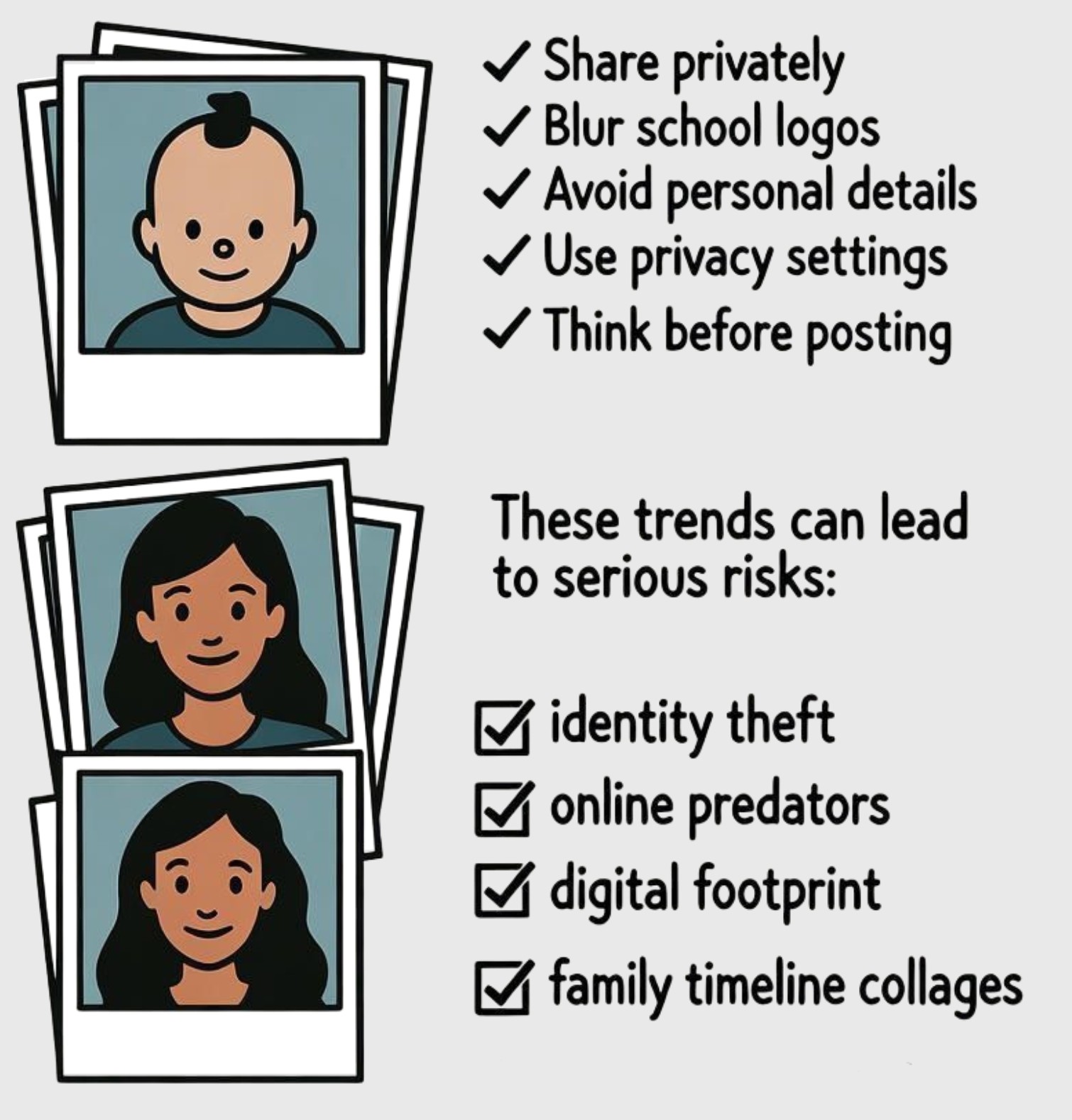The "Note to Self" Email Extortion Scam

I posted a warning about the “Note to Self” scam on our Facebook page back in May, and it appears to have resurfaced. Scammers continue to use familiar and alarming tactics to exploit people's fears, creating urgent demands for payment.
- Read more about The "Note to Self" Email Extortion Scam
- Log in to post comments

 In today’s digital world, web browsers are more than simple tools for accessing the internet. They have evolved into sophisticated platforms capable of assisting users with search, communication, and productivity. One such platform is Perplexity Comet Browser, developed by Perplexity AI.
In today’s digital world, web browsers are more than simple tools for accessing the internet. They have evolved into sophisticated platforms capable of assisting users with search, communication, and productivity. One such platform is Perplexity Comet Browser, developed by Perplexity AI. In a world more connected than ever before, technology has become both a tool for unity and a weapon for deception. One of the most heartless schemes exploiting human trust is the Grandparent Scam a manipulative crime that preys on love, fear, and family bonds.
In a world more connected than ever before, technology has become both a tool for unity and a weapon for deception. One of the most heartless schemes exploiting human trust is the Grandparent Scam a manipulative crime that preys on love, fear, and family bonds. The 2024 Annual Statistical Report presented by the Canadian Anti-Fraud Centre (CAFC) highlights a worrying trajectory of fraud cases across Canada.
The 2024 Annual Statistical Report presented by the Canadian Anti-Fraud Centre (CAFC) highlights a worrying trajectory of fraud cases across Canada. Remote work has revolutionized modern employment, but behind this legitimate trend lies a growing menace: Laptop Farms. These are covert cybercrime operations disguised as ordinary home-based or freelance jobs. They appear to offer opportunity, yet in truth, they recruit unsuspecting people to power massive networks of fraud and digital exploitation.
Remote work has revolutionized modern employment, but behind this legitimate trend lies a growing menace: Laptop Farms. These are covert cybercrime operations disguised as ordinary home-based or freelance jobs. They appear to offer opportunity, yet in truth, they recruit unsuspecting people to power massive networks of fraud and digital exploitation. Every few months, new names appear online promising to slash your power bill with a simple plug-in box. One of the most recognizable is StopWatt, along with identical clones such as Pro Power Saver, MiracleWatt, and others that vanish and reappear under new branding.
Every few months, new names appear online promising to slash your power bill with a simple plug-in box. One of the most recognizable is StopWatt, along with identical clones such as Pro Power Saver, MiracleWatt, and others that vanish and reappear under new branding. The latest viral trend sweeping social media is called The Senior Challenge, proud parents are posting collages showing their children growing up, from baby photos to high school graduation portraits. It feels sentimental and heartwarming. However, it is one of the most dangerous forms of digital sharing that exists today.
The latest viral trend sweeping social media is called The Senior Challenge, proud parents are posting collages showing their children growing up, from baby photos to high school graduation portraits. It feels sentimental and heartwarming. However, it is one of the most dangerous forms of digital sharing that exists today. 🩺💔 Doctors Without Borders, known globally by their French name Médecins Sans Frontières (MSF), stands as one of the world’s most trusted humanitarian organisations. MSF medical teams race into conflict zones, pandemics, and disaster areas where most others flee.
🩺💔 Doctors Without Borders, known globally by their French name Médecins Sans Frontières (MSF), stands as one of the world’s most trusted humanitarian organisations. MSF medical teams race into conflict zones, pandemics, and disaster areas where most others flee.